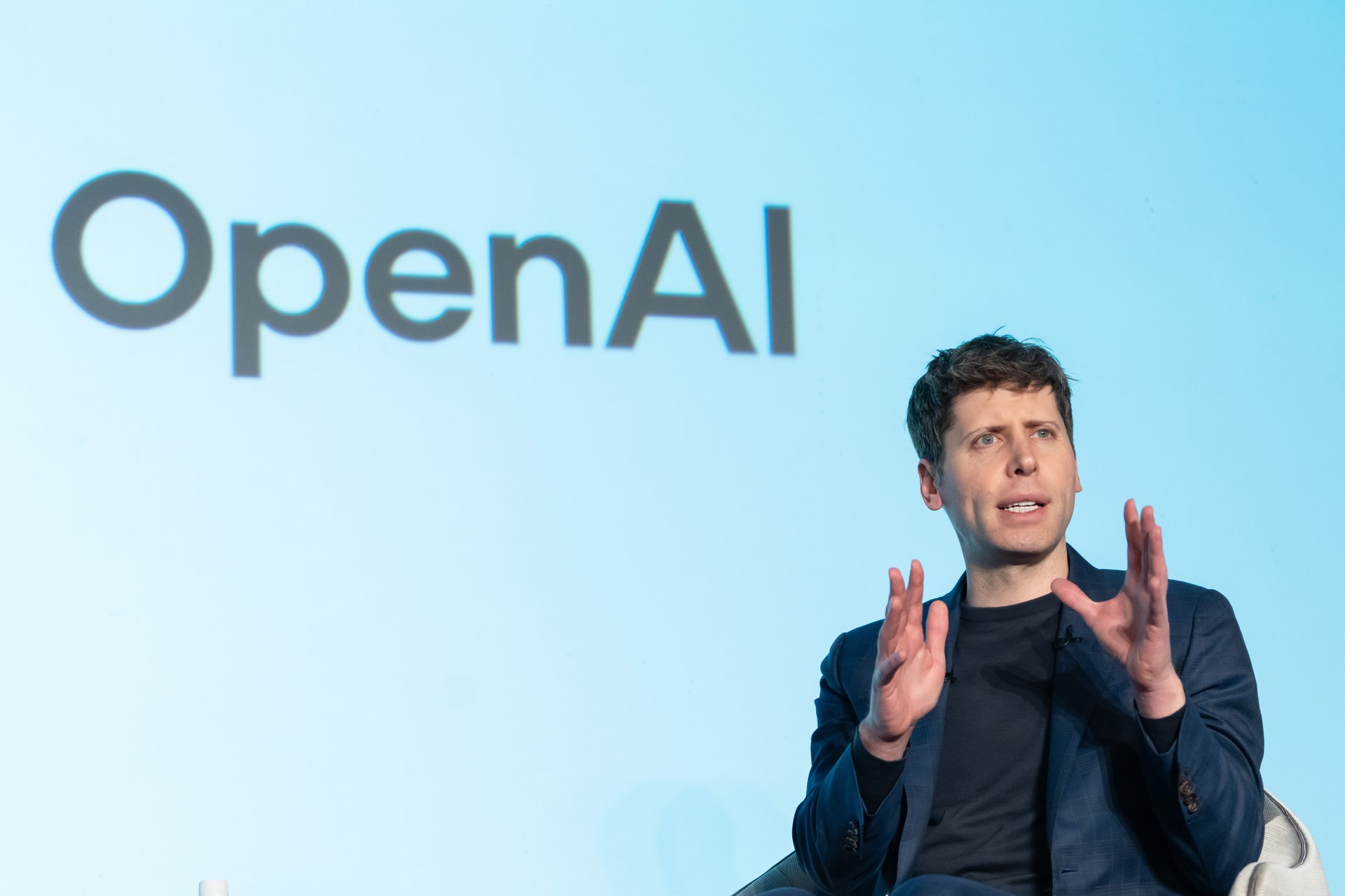OpenAI just got a $200 million U.S. defense contract
The Defense Department said it wants to use OpenAI to explore “frontier AI capabilities to address critical national security challenges”

Tomohiro Ohsumi/Getty Images
OpenAI just got its marching orders: On Monday, the U.S. Department of Defense awarded the company a one-year, $200 million contract to help prototype how “frontier AI capabilities” could be used for anything and everything from military healthcare to cyber defense systems.
Suggested Reading
The deal — the company’s first formal Pentagon contract — will be managed through a newly launched unit called “OpenAI for Government.” The Defense Department said the goal is to explore “frontier AI capabilities to address critical national security challenges” for both “warfighting and enterprise domains,” though details remain thin on what exactly that means.
Related Content
What is clear: OpenAI is deepening its ties with the U.S. national security establishment — and formalizing work that’s already been underway. The company has been building a government portfolio that includes partnerships with NASA, the NIH, and the Treasury Department, as well as creating a product called ChatGPT Gov for federal employees.
Monday’s announcement seems to consolidate those efforts under a single banner, as OpenAI positions itself as the AI vendor of choice in Washington. The recently announced contract will be carried out by OpenAI Public Sector LLC and based largely in the Washington area.
This isn’t OpenAI’s first move toward the defense-industrial complex. In recent months, the company has partnered with defense startup Anduril to build AI-powered anti-drone systems, brought on a former Pentagon official to lead its national security policy team, and added ex-NSA head Paul Nakasone to its board. Nakasone recently interviewed OpenAI CEO Sam Altman at Vanderbilt, where Altman said the company was “proud to… engage in national security areas.”
The Department of Defense said the contract will focus on identifying and prototyping areas where advanced AI could improve military and internal operations — such as streamlining acquisition workflows, improving healthcare access for service members, or shoring up cybersecurity infrastructure.
According to OpenAI, all government use must comply with its internal usage guidelines — though where those guardrails begin and end in a defense context isn’t entirely clear. And the deal comes amid growing scrutiny over how AI companies are threading the needle between commercial opportunity, ethical risk, and government demand.
OpenAI isn’t the only AI firm deepening its government ties. Rival company Anthropic is working with Palantir and Amazon to offer foundation models to intelligence and defense agencies. Anduril, OpenAI’s defense partner, landed a $100 million contract with the Defense Department late last year.
Altman, long considered a foil to Tesla CEO Elon Musk, has played nice with President Donald Trump and taken a notably more pragmatic approach to politics in recent months, working to build inroads in Washington. In January, Altman appeared alongside Trump at the White House to promote Stargate, a proposed $500 billion AI infrastructure initiative to build supercomputing capacity domestically, and the OpenAI CEO joined the president in Riyadh, Saudi Arabia, for an announcement of multibillion-dollar tech deals.
For OpenAI, the deal won’t meaningfully move the top line — the company is reportedly generating more than $10 billion in annualized revenue and recently raised a $300 billion valuation — but it does cement a more formal role in Washington’s AI strategy.
